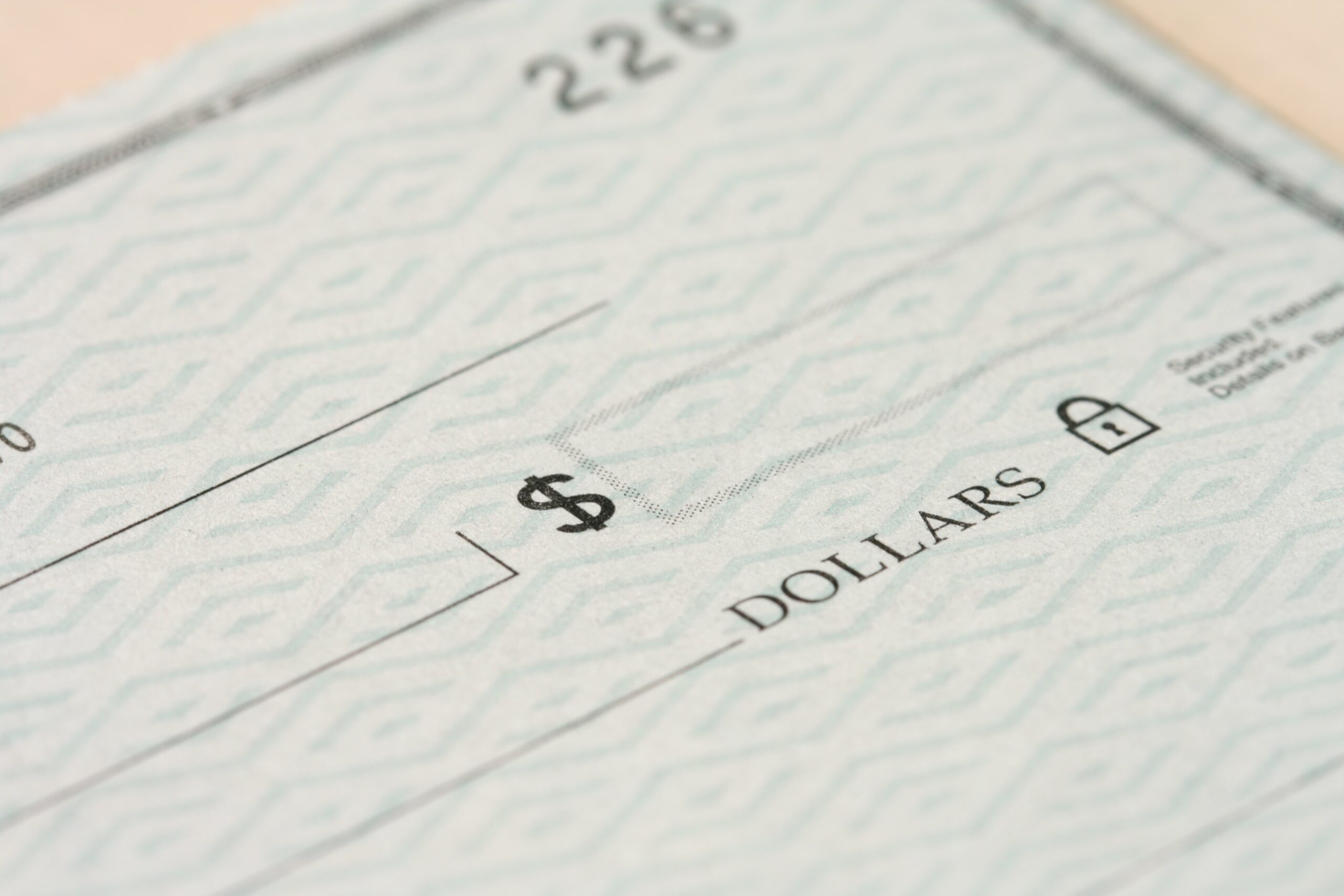Rejection Comes in All Shapes & Sizes
How can we successfully cope with rejection you ask? First lets discuss how rejection can manifest within different aspects of our lives, such as relationships, job applications, creative pursuits, academic endeavors, or social situations. Nobody likes to feel that discomfort or even pain of rejection, but it will appear in everyone’s lives at some point in some way. How you choose to view that rejection is up to you.
Easier said than done right? These coping strategies come with practice. With practice comes dedication. Are you dedicated to shifting your mindset to better cope with rejection? Here are some common forms of rejection:
Romantic or Interpersonal
When facing rejection in a relationship, or from someone you’re interested in, remember it’s not a reflection of your self worth. Some ways to cope, for example, would be to give yourself time to heal, surround yourself with supportive friends and focus on self-care. Reflect on any lessons learned and use the experience to grow and become more resilient. Review what mistakes you made and what not to do again next time.
Professional or Academic
Job rejections or not getting accepted into a desired program can be disheartening. Especially when that rejection can last for months. That starts to take a toll on your self-esteem for sure. So take some time to process your emotions. If you are pissed be pissed, if you are sad be sad. Take the day to feel it, but don’t let it deter you from pursuing your career or academic goals. Seek feedback if possible, improve your skills or qualifications, and keep applying for new opportunities.
Creative or Artistic
If you face rejection in creative pursuits, such as submitting a manuscript, artwork, or auditioning for roles, remember that art is subjective. It’s essential to separate your self-worth from the opinions or decisions of others. They may have bad opinions anyways, haha, so why let their poor judgement interfere with your creativity. Keep honing your skills, seek constructive feedback, and continue to create for the joy it brings you. Persistence and resilience are vital in the creative field.
Social
Experiences like being excluded from social gatherings, feeling left out among peers, or not being accepted by a particular group can be painful. Remember a person is not defined by other people’s opinions or social circles. Focus on building meaningful relationships with those who appreciate and value you for who you are. Engage in activities or communities that align with your interests and values. Create your own social circle.
It’s important to acknowledge that each situation is unique, and the strategies that work for one type of rejection may differ for another. Always be compassionate towards yourself throughout the process. So understanding the different forms of rejection, one tends to think why do we struggle with rejection in the first place? It helps to know the ‘why’ to better understand the coping strategies.

Why We Struggle with Rejection
Struggling to cope with rejection is a common and natural human experience. Rejection can be challenging for us as humans. As social beings, we have an innate need for connection and belonging. Rejection threatens this fundamental need, making us feel isolated or unwanted. Our brains are wired to perceive social rejection as a threat to our survival, triggering feelings of distress and pain. That distress and pain can manifest into other feelings.
Fear of Judgment and Self Doubt
We may question our worth, abilities, or likability. The fear of being seen as inadequate or not meeting societal expectations can intensify the emotional impact of rejection.
Impact on Self-Esteem
Rejection can significantly impact our self-esteem. When we face rejection, it’s easy to internalize it as a personal failure or flaw, even if the rejection is unrelated to our qualities or efforts. The negative evaluation from others can erode our self-confidence and make us question our value. This can also manifest itself into imposter syndrome, impacting our ability to feel as though we are successful and as though we are a soon to be found out fraud.
Emotional Attachment and Investment
When we invest time, effort, and emotions into something or someone, the potential for rejection becomes more significant. The stronger the emotional attachment or investment, the more challenging it can be to handle rejection.
Uncertainty and Loss
Rejection often introduces uncertainty and loss into our lives. It may disrupt our plans, dreams, or expectations, leading to feelings of disappointment and grief. Dealing with the unknown and adjusting to the change rejection brings can be difficult.
Social Comparison
We tend to compare ourselves to others, especially in areas where we have faced rejection. Comparing our achievements or successes to those of others can amplify feelings of inadequacy or highlight the gap between where we are and where we want to be.
It’s important to remember that struggling to cope with rejection is a normal part of being human. It doesn’t mean there’s anything wrong with you. By understanding the reasons behind our struggles, we can work on developing coping strategies, building resilience, and nurturing self-compassion to navigate rejection more effectively.

Coping with Rejection
Dealing with rejection can be a challenging experience, but there are several strategies you can employ to cope with it effectively. Here are some steps to help you navigate through rejection:
Allow Self to Feel Emotions
It’s natural to feel hurt, disappointed, or even angry when faced with rejection. Give yourself permission to acknowledge and experience these emotions. It’s important to let yourself feel before you can begin to heal. As we noted earlier if you feel angry about the rejection, feel that. Go take a boxing class that day and let it out. If you are sad and feel like crying, then let it out. Sit and feel those feelings, but don’t wallow in them for too long. Give it a day. Sleep on it and start fresh tomorrow.
Practice Self Compassion
Treat yourself with kindness and understanding. Remember that rejection doesn’t define your worth as a person. Be gentle with yourself and avoid self-blame or negative self-talk. Remind yourself that everyone faces rejection at some point in their lives. That great feeling of success is only there because of all the rejection a person faces in life. So give yourself a break!
Seek Support from Others
Reach out to friends, family, or trusted individuals who can offer support and a listening ear. Sharing your feelings with someone who cares can provide comfort and perspective. Sometimes talking through your experience can help you gain new insights and find encouragement. This can be helpful as they can remind you of all the great things you have already accomplished, little self esteem boost when you need it.
Reflect on the Situation
Take time to reflect on what happened and try to gain some perspective. Consider whether there are any lessons to be learned from the rejection. Reflecting on the experience can help you grow and improve for future endeavors. Sometimes the rejection is based on something you cannot see. Maybe the other party knows its not a right fit because they have more information than you do on the situation. Its not always about YOU as a person, it could be about them or their insecurities.
Maintain a Balanced Perspective
Remember that rejection is often a subjective opinion or decision, and it may not necessarily reflect your abilities or qualities. Remind yourself of your strengths, achievements, and past successes to counteract negative thoughts or doubts. I sometimes shift my view to feeling sorry for the other party that rejected me. They missed out! I wouldn’t want to be with that person or that employer who can’t see amazing right in front of them. They did me a favor, dodged a bullet.

Reframe Rejection as Redirection
Consider that rejection can sometimes lead you to a different, better opportunity. Sometimes being turned down from one path opens up new possibilities and avenues that you may not have explored otherwise. Embrace the idea that rejection can redirect you towards a more fulfilling path.
Keep Taking Action
Don’t let rejection discourage you from pursuing your goals. Continue to take proactive steps towards your aspirations, whether it’s applying for new opportunities, trying again, or exploring alternative routes. Perseverance and resilience are key to overcoming rejection. The day after your rejection, pick yourself up and dust yourself off and yell ‘Not Today Rejection Not Today!’ and move on. Sounds corny, but it works!
Engage in Self Care
Take care of your well-being by engaging in activities that bring you joy and relaxation. Engaging in hobbies, exercise, spending time with loved ones, or practicing mindfulness can help you manage stress and maintain a positive mindset.
Learn from the Experience
Use the rejection as an opportunity for personal growth. Identify areas where you can improve, acquire new skills, or expand your knowledge. Treat rejection as a stepping stone towards self-improvement and future success. We have talked about different ways of viewing and coping with rejection but its important to do some self-reflection and make sure we are living up to our potential as well.
Final Thoughts
Remember, it takes time to learn how to cope with rejection, and everyone’s journey is different. Be patient with yourself and celebrate small victories along the way. With resilience and a positive mindset, you can navigate through rejection and emerge stronger on the other side.




